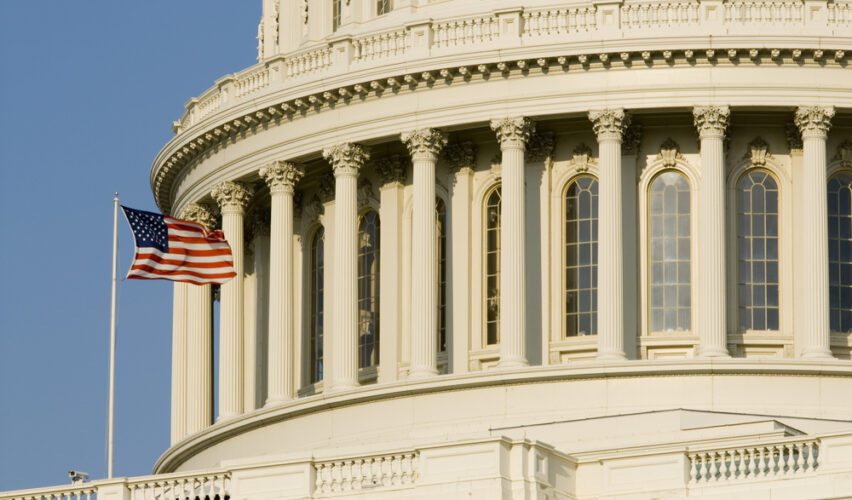The “One Big Beautiful Bill Act” (H.R. 1) has undergone several amendments, particularly in the Senate, affecting the Federal Employees Retirement System (FERS) contribution rates and the FERS annuity supplement. Here’s a breakdown of the most recent changes.
FERS Contribution Rate
The House-passed version of the bill initially proposed increasing the FERS contribution rate to 4.4% for all federal employees, regardless of hire date, which would have effectively acted as a pay cut for many. However, this provision was removed before the bill’s passage in the House, meaning no across-the-board increase to 4.4% was included in the final House version.
The Senate Committee on Homeland Security and Governmental Affairs (HSGAC) introduced a more significant change for new federal hires:
New hires must choose between:
- At-will employment with a FERS contribution rate of 9.4% (a 5% increase over the current 4.4% for post-2013 hires).
- Retaining civil service protections with a higher FERS contribution rate of 14.4% (a 10% increase over the current 4.4%).
This proposal does not affect current federal employees, only those hired after the bill’s enactment. The Senate’s approach aims to incentivize at-will employment, reducing job security for those opting for lower contributions, and is estimated to save $20 billion over 10 years.
Critics, including Rep. Stephen Lynch and the National Active and Retired Federal Employees Association (NARFE), argue this is a “backdoor” to implementing Schedule F, potentially politicizing the civil service by favoring partisan loyalists.
FERS Annuity Supplement
The House-passed bill included a provision to eliminate the FERS annuity supplement for certain employees, effective January 1, 2028. This supplement provides a monthly payment to FERS retirees who retire before age 62, bridging the gap until Social Security benefits begin. Key details:
The elimination would not apply to federal employees already entitled to the supplement before January 1, 2028, or those subject to mandatory early retirement (e.g., law enforcement officers, firefighters, air traffic controllers).
The Congressional Budget Office (CBO) estimates this would save $10 billion over 2025–2034, affecting approximately 21,000 new retirees annually, with an average supplement of $18,000/year.
The Senate’s recently released draft does not include the elimination of the FERS annuity supplement, suggesting it may be off the table unless reintroduced during further negotiations. NARFE expressed hope that this omission indicates the provision won’t be added back, potentially due to challenges under the Byrd Rule, which limits non-financial policy changes in reconciliation bills.
If the Senate’s version prevails, the FERS annuity supplement could be preserved. However, if the House’s provision is reinstated in the final reconciled bill, it would significantly impact federal employees planning to retire before age 62 after 2028, potentially forcing them to work longer or face reduced retirement income.

























